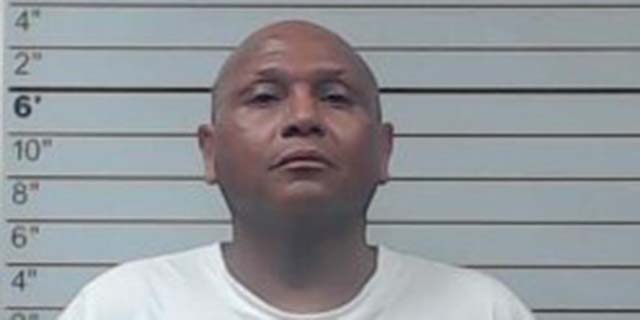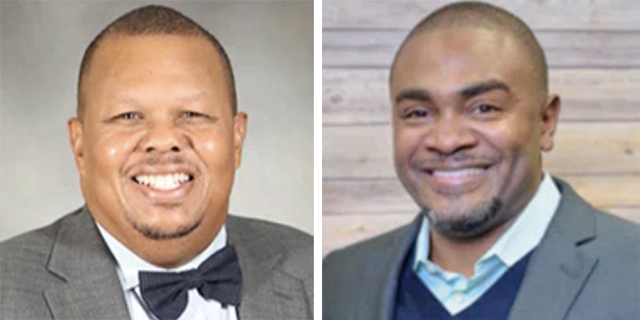One arrested after more than 2,000 fentanyl pills discovered at Mississippi residence
Published 5:31 am Thursday, September 5, 2024
One person has been arrested after more than 2,000 fentanyl pills were discovered in a Mississippi residence.
In a significant drug bust on August 29, 2024, the Lee County Sheriff’s Department, in partnership with the North Mississippi Narcotics Unit, arrested Theodis Barron Jr. during a raid in the Guntown area of Lee County. The operation led to the discovery of approximately 300 fentanyl pills, which authorities confirmed was a trafficking quantity of the dangerous drug.
Barron, 58, was detained in the driveway of a residence during the initial search and taken into custody. His arrest prompted law enforcement to conduct a second search within the city limits of Tupelo, where authorities uncovered over 2,000 fentanyl pills. The location had been under investigation following multiple citizen complaints regarding suspected illegal drug activities.
The collaboration between the Lee County Sheriff’s Department and the Tupelo Police Department is being praised as a successful joint effort in addressing the fentanyl crisis, which has increasingly impacted communities across the region. Law enforcement officials emphasized the dangers of fentanyl and their commitment to keeping it off the streets.
“We want to do all we can to keep this dangerous drug out of our community,” a department spokesperson said.
Barron has been charged with aggravated trafficking and trafficking of a Schedule II controlled substance—fentanyl. His bond for the trafficking charge was set at $150,000 by a Lee County Justice Court Judge, while no bond was set for the aggravated trafficking charge. Further charges may be pending based on results from the Mississippi Crime Lab.
This bust is seen as a significant step in combating the flow of fentanyl in the area, a drug that continues to pose a severe threat to the safety of local communities.





